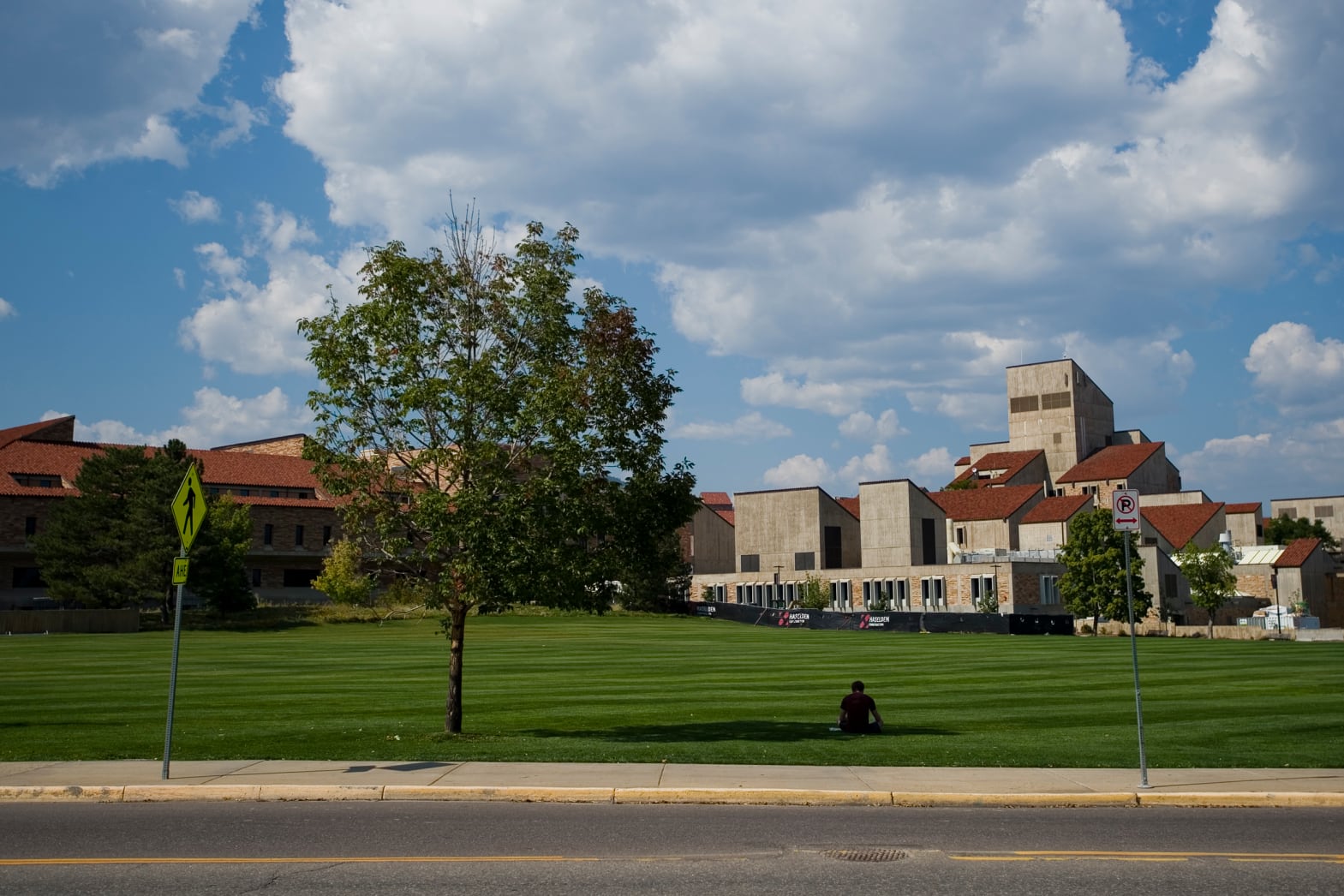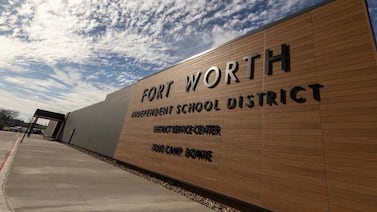
For decades, Republicans have controlled the majority vote on the University of Colorado Board of Regents.
This year, however, Democrats have a shot to flip Colorado’s last Republican stronghold if they win all three seats up for election. It’d be a feat that Democrats failed to accomplish during the 2016 election after Heidi Ganahl won her seat, giving Republicans a single-vote majority.
The 9-member Board of Regents consists of elected officials from each of Colorado’s seven congressional districts and two from the state at large. The board is charged with the supervision and financial decisions of the University of Colorado system, whose campuses include Boulder, Denver and Colorado Springs.
A win is guaranteed for Democrats in Congressional District 7, with Nolbert Chavez running unopposed. He will replace Irene Griego, also a Democrat, who represented sections to the north and west of Denver such as Arvada, Golden, and Westminster.
In District 2, Democratic candidate Callie Rennison and Republican Dick Murphy seek to replace incumbent Linda Shoemaker. The district includes Boulder, Loveland and Fort Collins, several northwestern suburbs of Denver, and rural sections to the west of those cities.
And Republican Richard Murray and Democrat Ilana Spiegel will face off in the District 6 race. The district draws voters from areas to the north, east, and south of the Denver metro area, including Aurora.
The winners will face the challenge of leading the university system through the coronavirus pandemic and financial impacts that are playing out in the state and its schools. In future years, they will need to identify how to balance the financial health of the university awhile curbing the rising cost of the system’s tuition.
They will also need to demonstrate the ability to work on a partisan and sometimes polarized board, as well as with a president who was brought in with Republican support.







